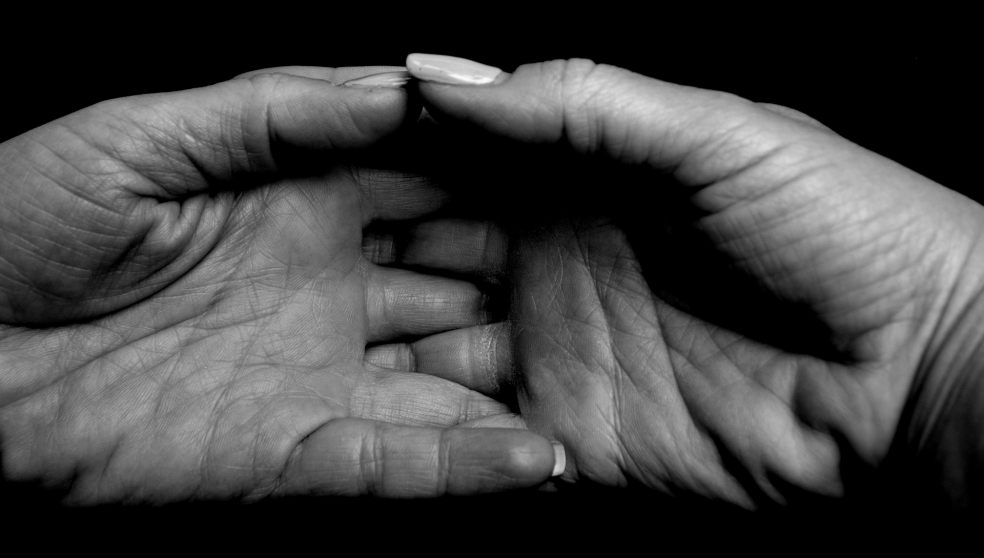
What you need to do when someone in your family dies
Whether it’s through a sudden event such as an accident, or the end of a long illness, a death in the family can be extremely stressful and upsetting. People don’t realise that a death involves a lot in terms of paperwork — not to mention planning the funeral — which can be difficult when everyone is grieving. Here’s what needs to be done when a loved one dies.
Registering the Death
When someone dies, you should get a certificate from their GP or the doctor at the hospital. You can then register the death online through the UK government’s website, which is a fairly simple process, and you’ll need to do this within 5 days of the death. While registering the death is free, it costs £11 for a death certificate. It’s recommended that you get a few copies, as most places like banks will want to see originals, and this means you won’t have to wait for the certificate to come back.
Arranging the Funeral
In the UK, it’s common for people to use a funeral director, as this can make things easier when it comes to the planning. You don’t have to use one, and you can save money by paying for services separately, but it’s up to you whether you want to take on this task. Some people pay into a pre-paid funeral plan or insurance scheme, so check whether the deceased had any of these policies to help with the cost.
Notifying the Government
As soon as you have the death certificate, it’s important to contact the government so that they can stop any benefits, cancel the deceased’s passport and sort out taxes, etc. While this used to be quite a big task, the government offers the Tell Us Once service, which covers all different departments, and they can then get in touch with you to tell you the next steps.
Finding Out if There is a Will
Most older people will tell their next of kin if they have a will, or it’ll be kept somewhere obvious like a safe, safety deposit box or solicitor’s office. However, sometimes it’s harder to find a will, so you may need to contact an organisation such as the National Will Register to help track it down. A will can sometimes contain last wishes such as funeral arrangements, so it’s important to find it as soon as possible. If there is something in the will you think is incorrect or unfair, you may want to find out how to contest a will so you get what you are entitled to.
Notifying Insurers and Financial Institutions
As soon as you have the death certificate, you should send a copy to any of the financial institutions that the deceased dealt with — from credit card companies to utility firms, banks, pension providers and insurance companies. In most cases, these companies will have their own teams who deal with deaths, so they can quickly calculate what the estate owes, or is owed, allowing you to get things settled.
While it can be difficult to deal with all the administration when you are still grieving, it’s important to get certain things done as soon as possible after the death. This will ensure all debts are settled and payments made so you can then get on with honouring the life of your loved one.




















